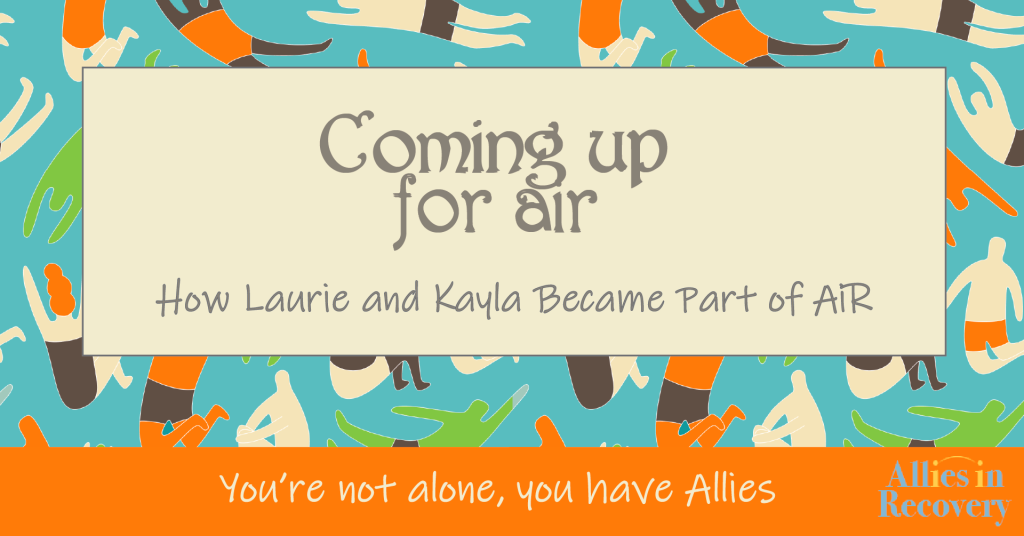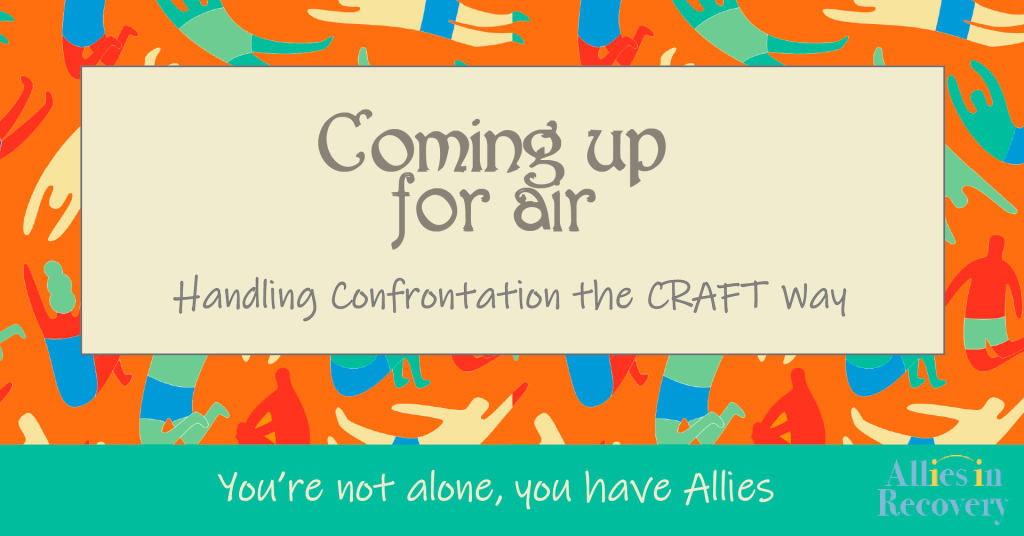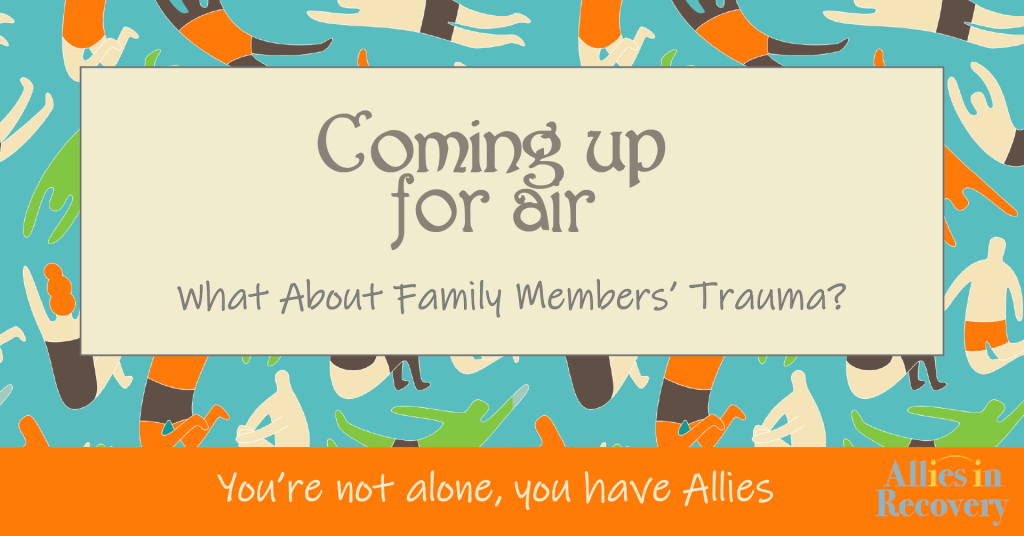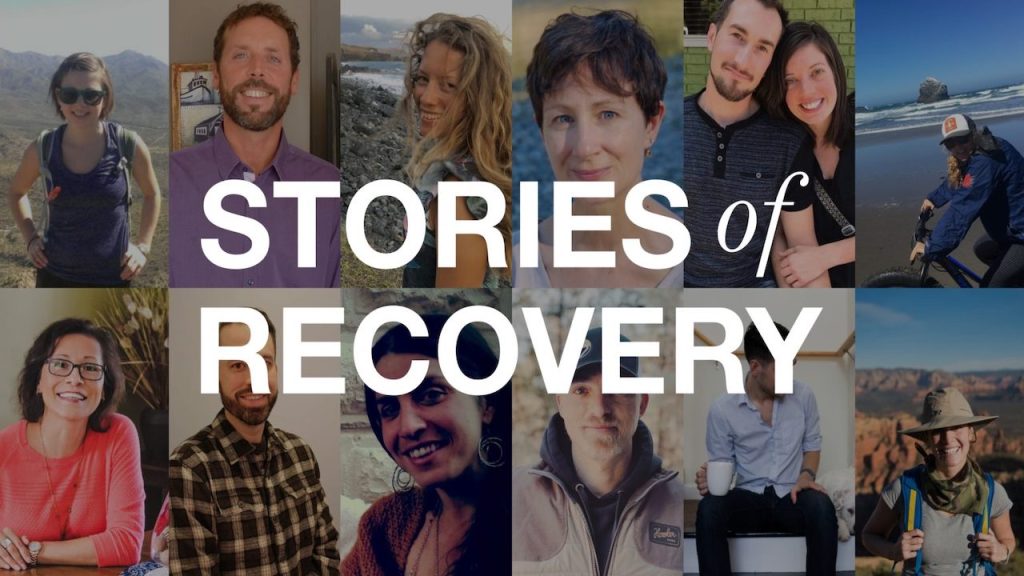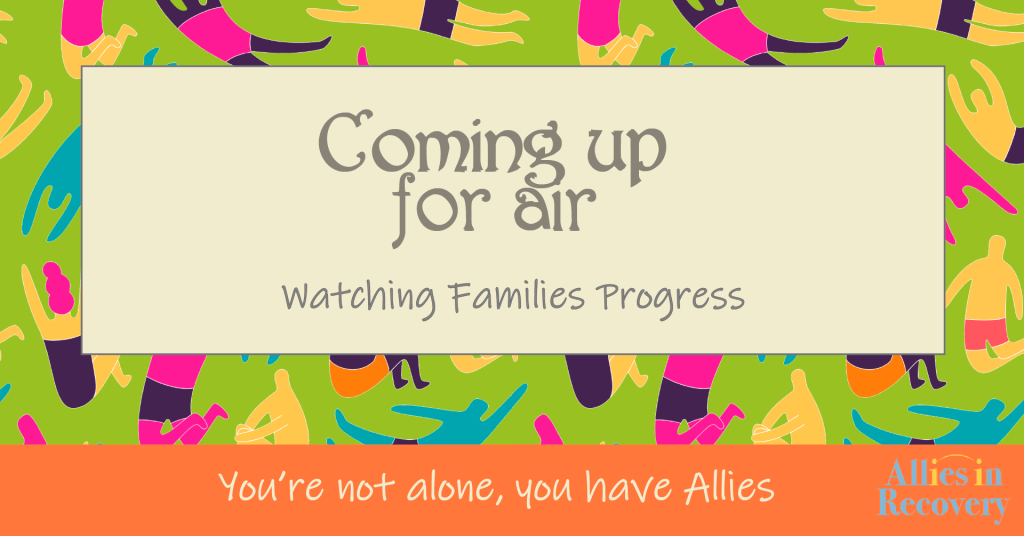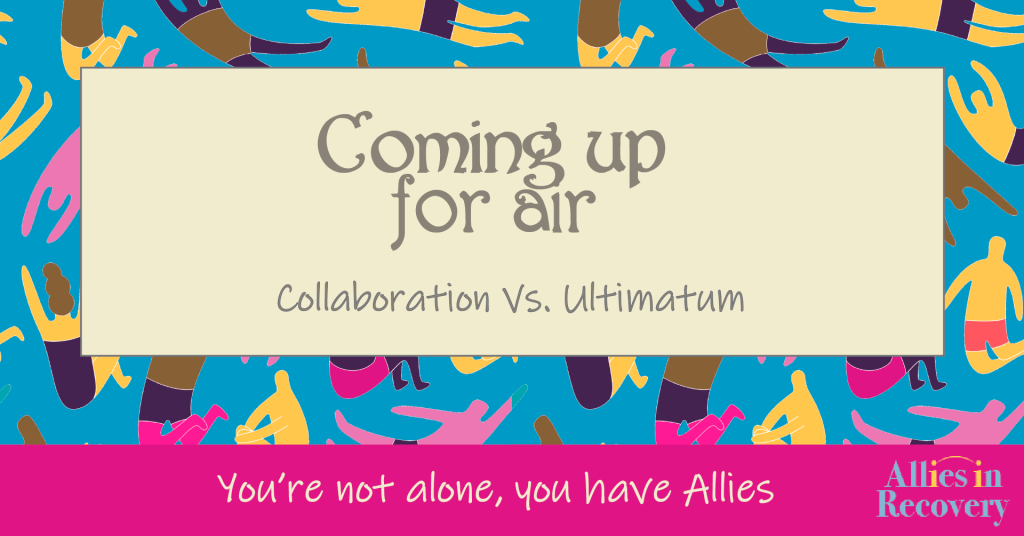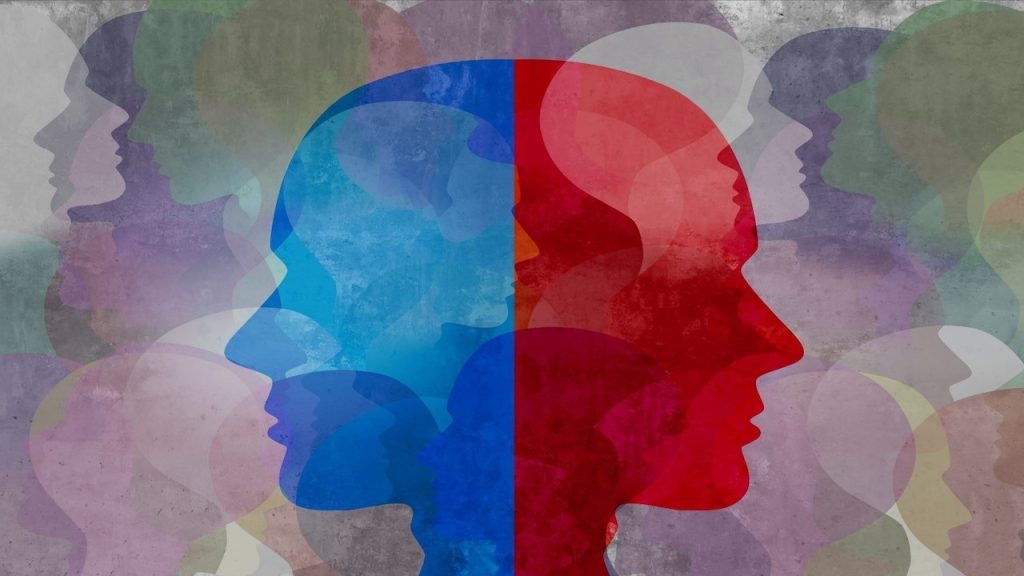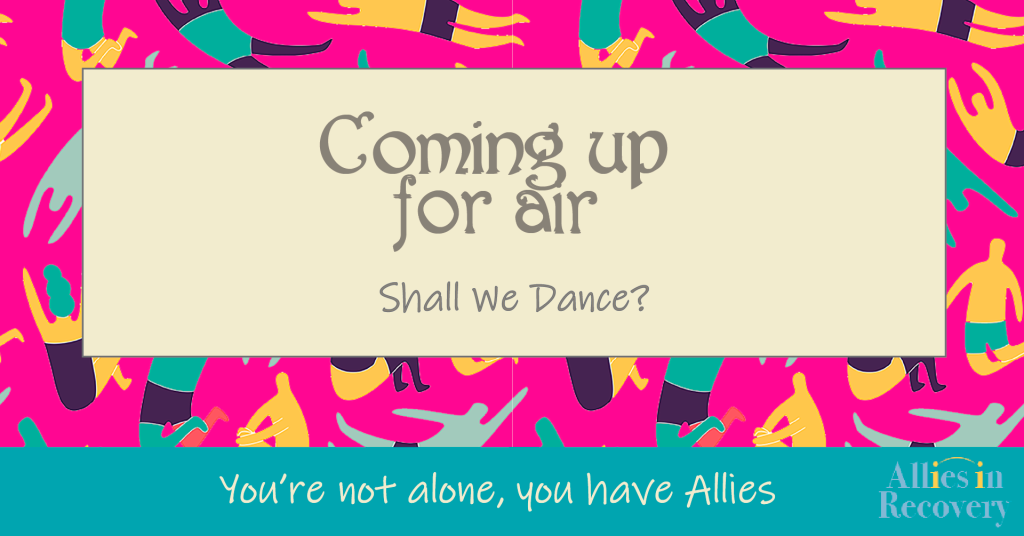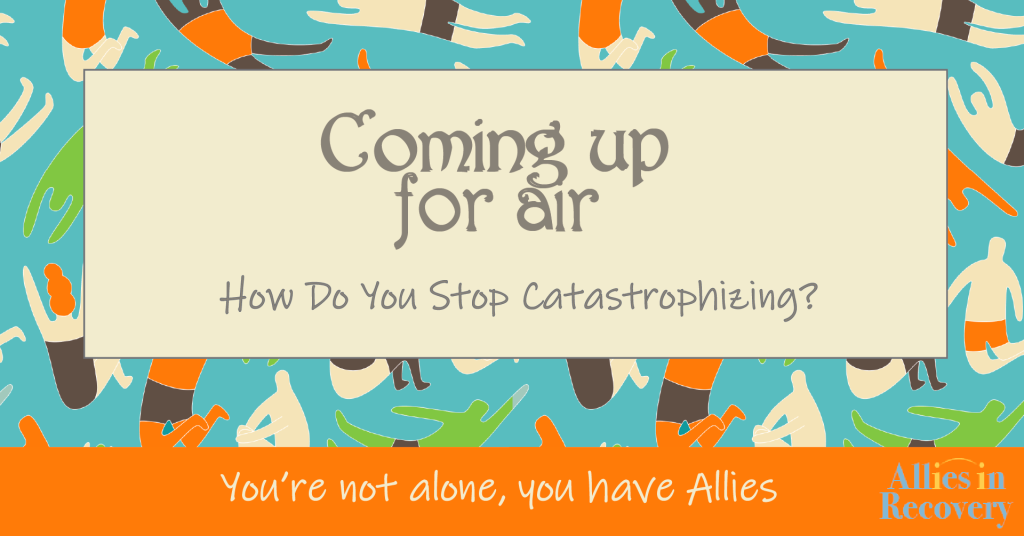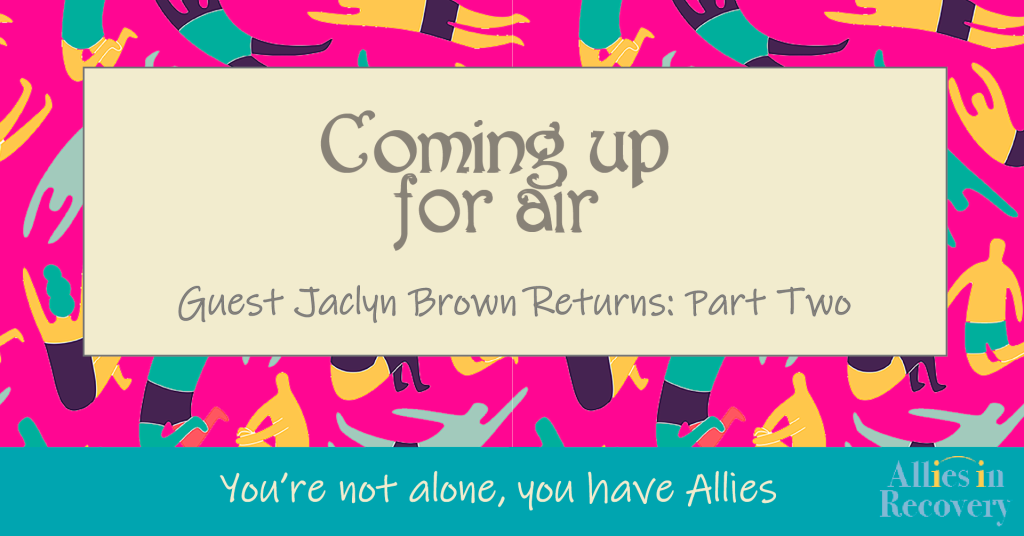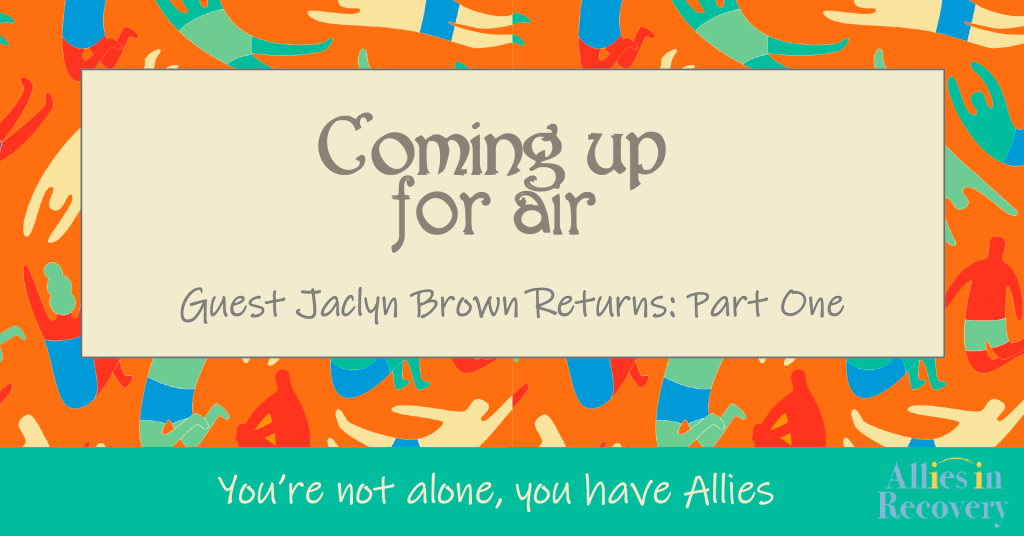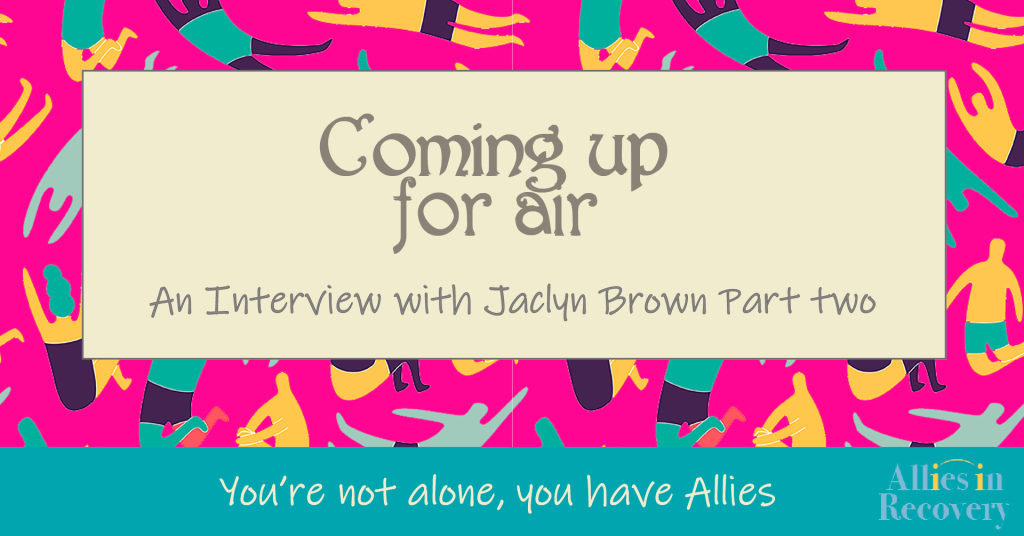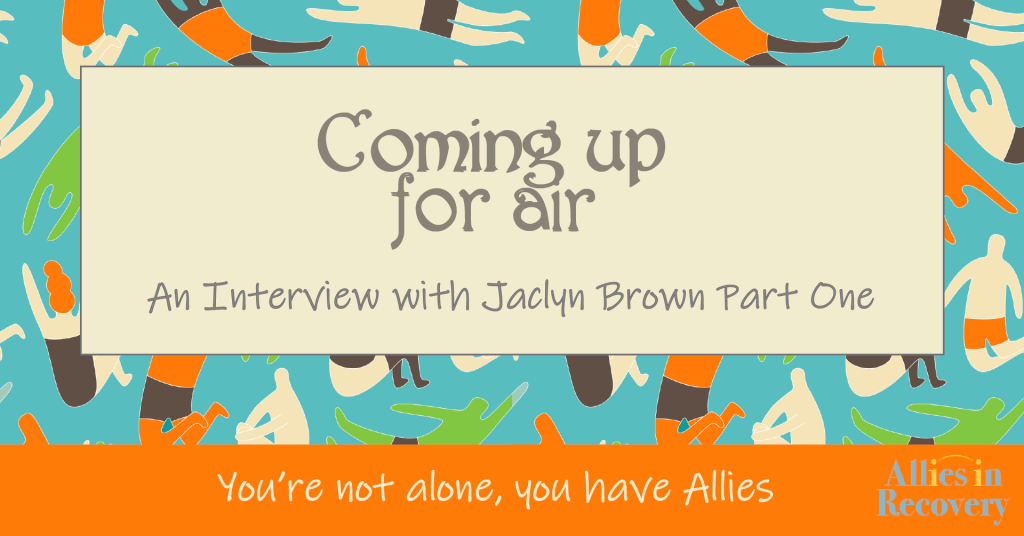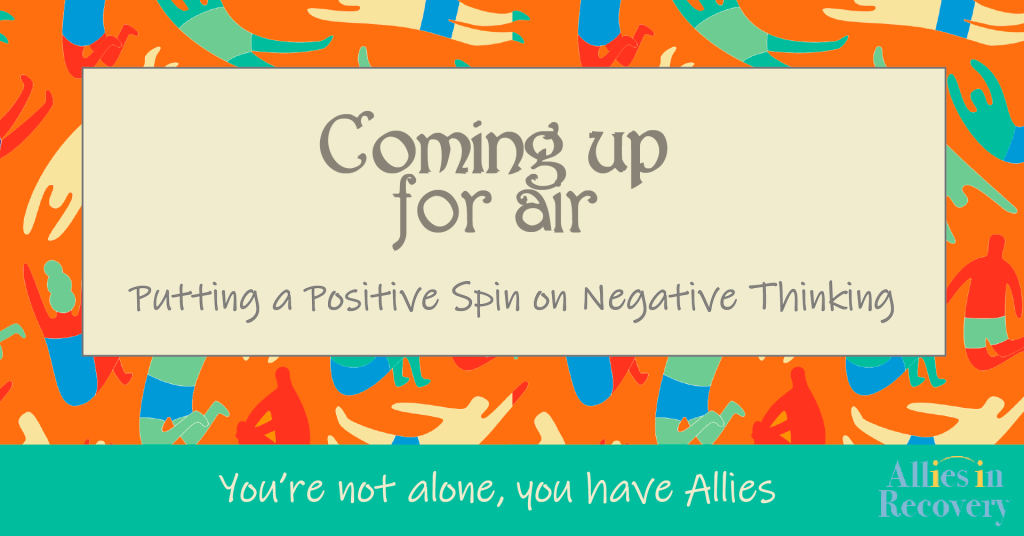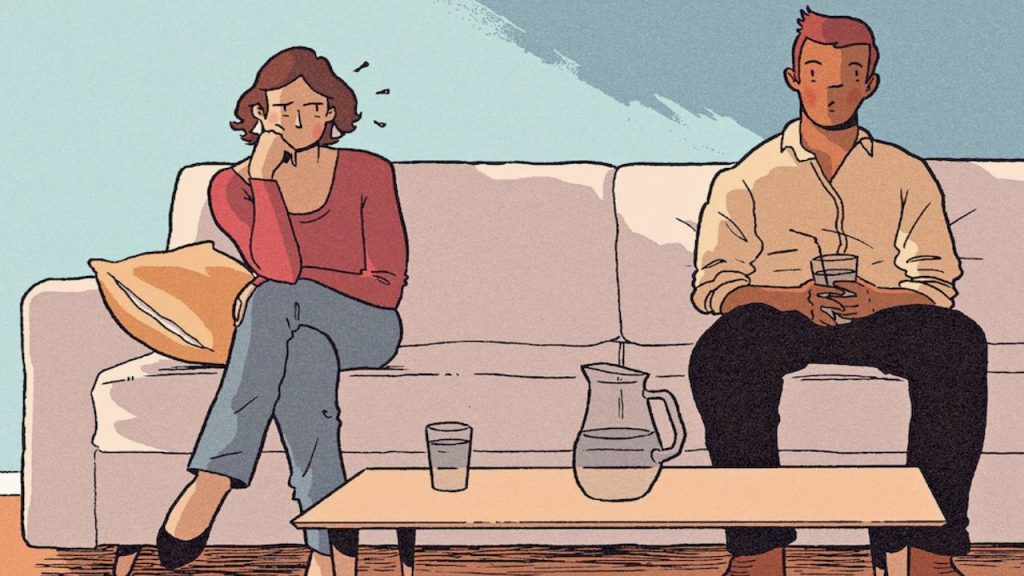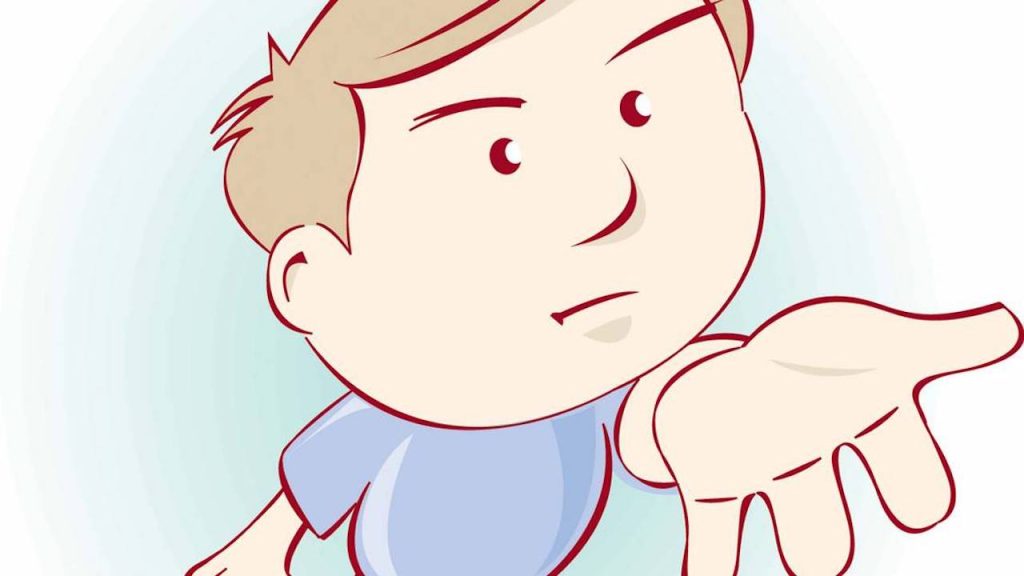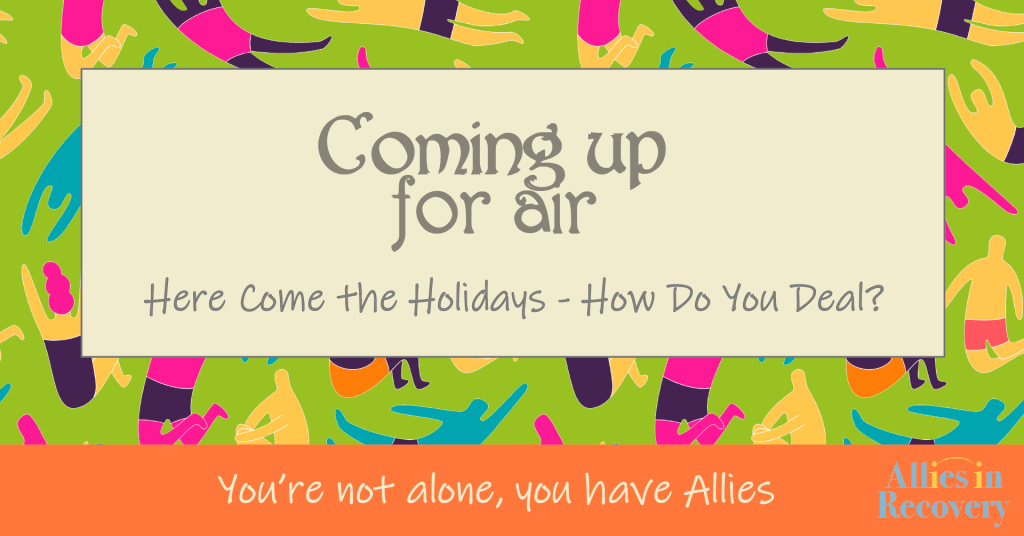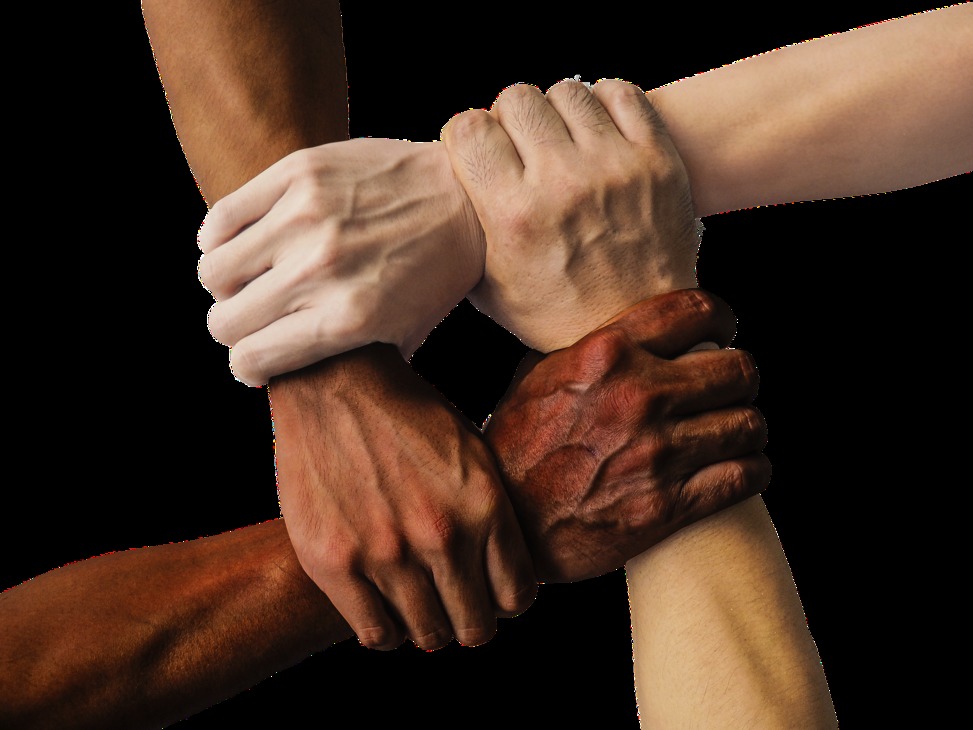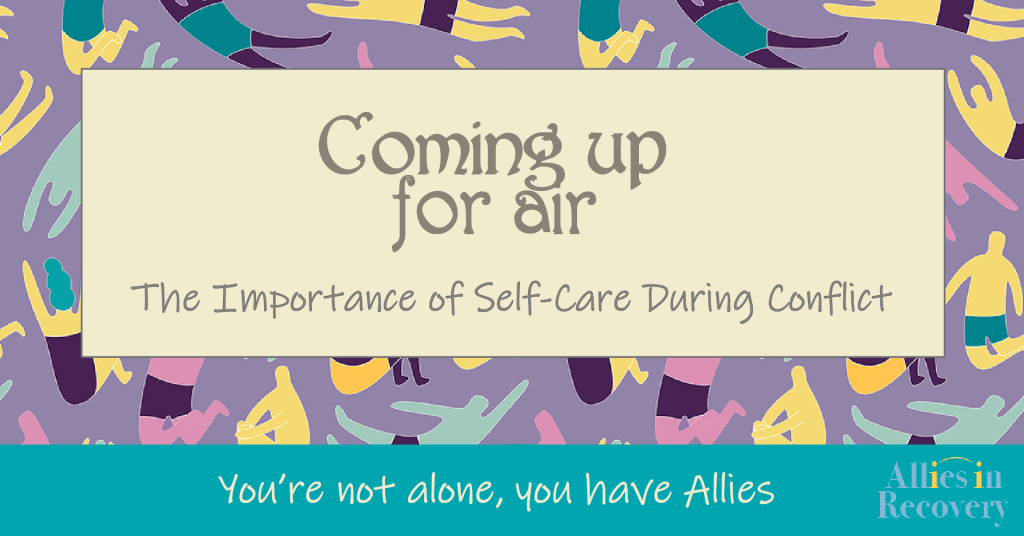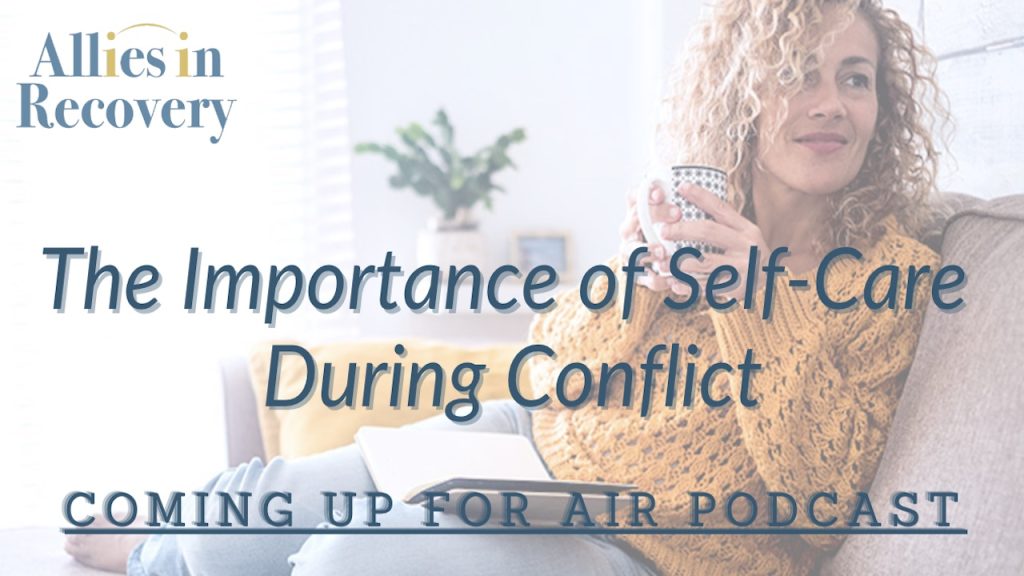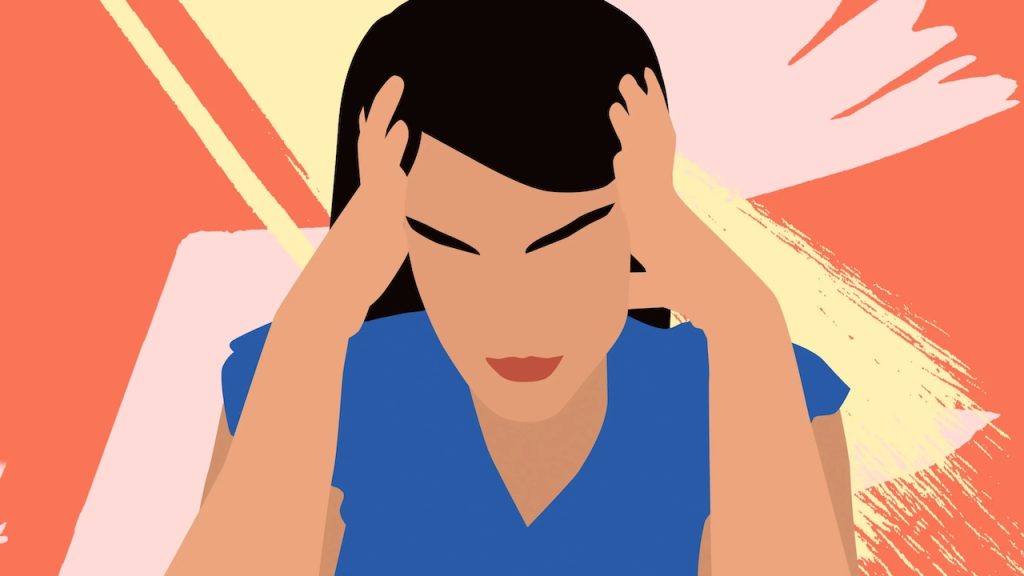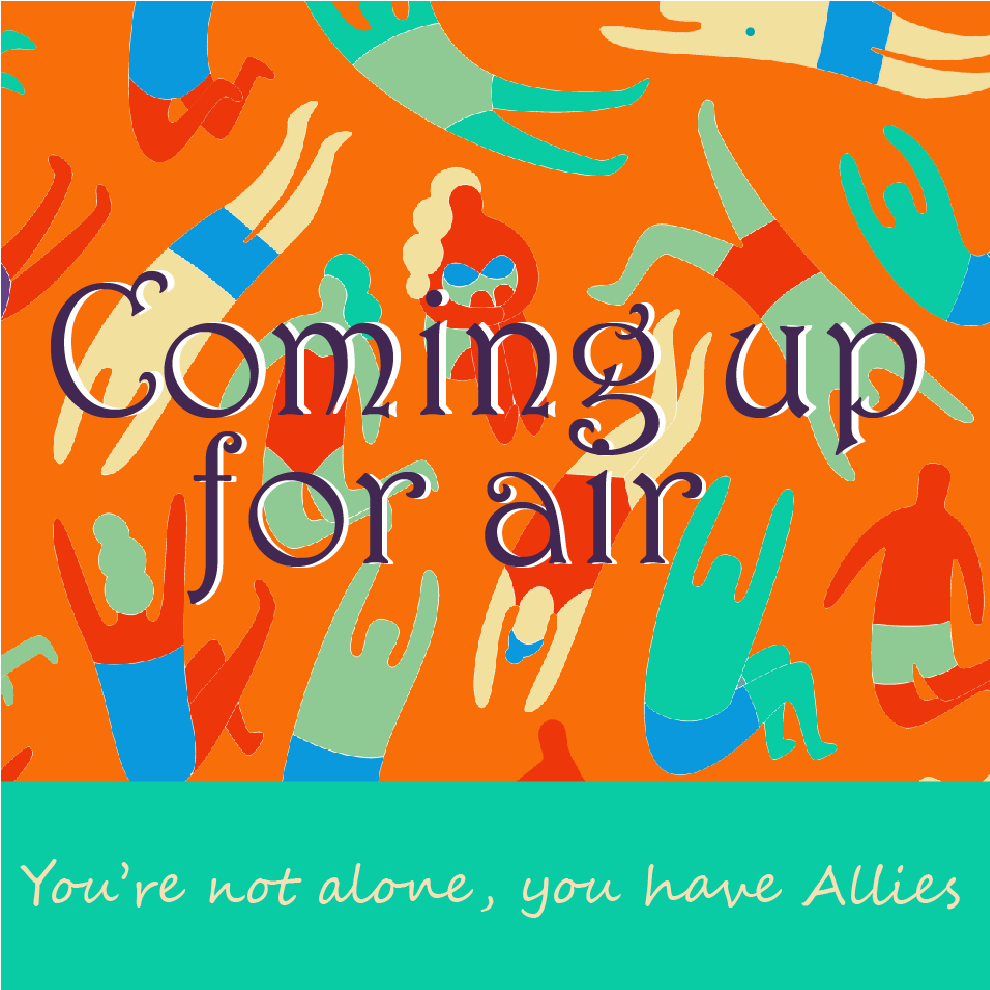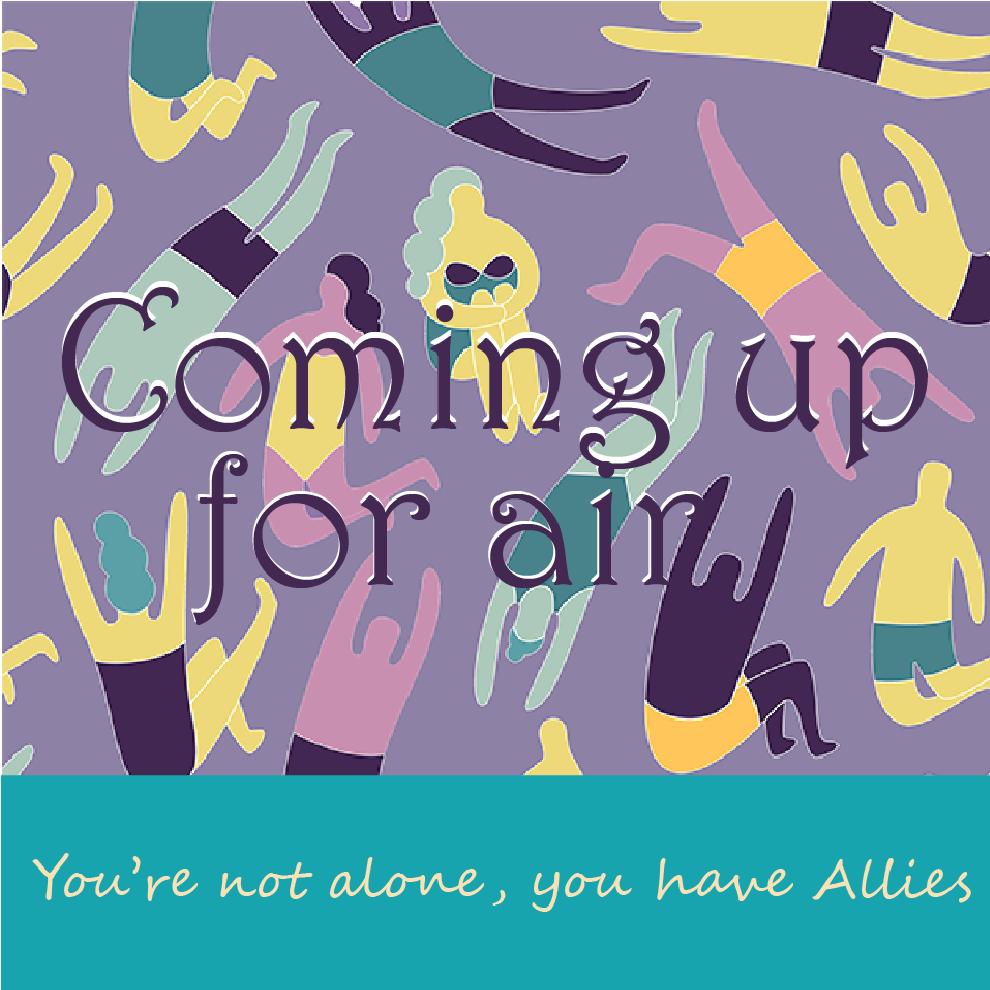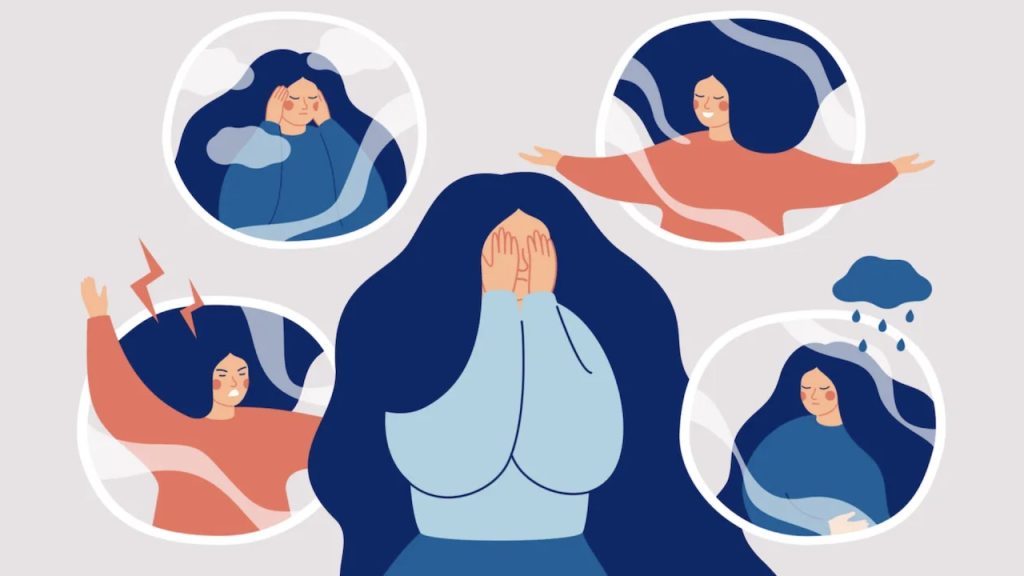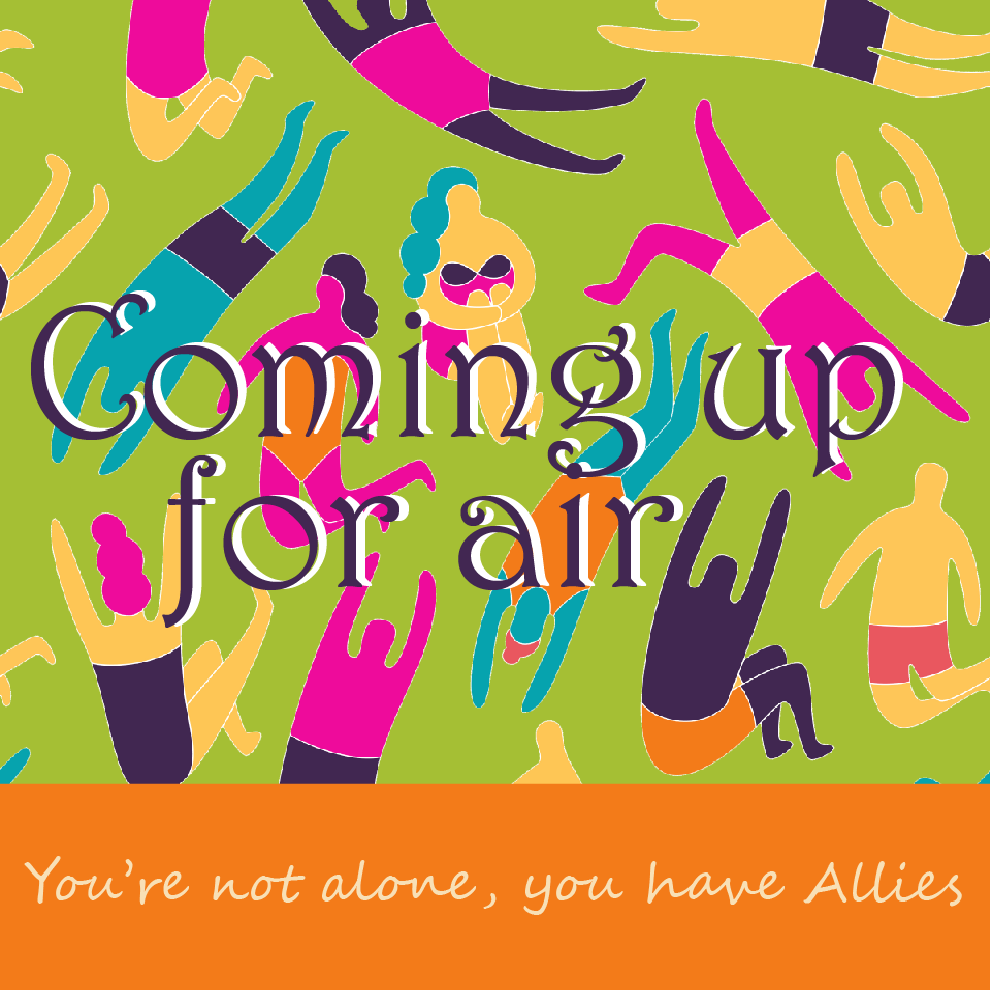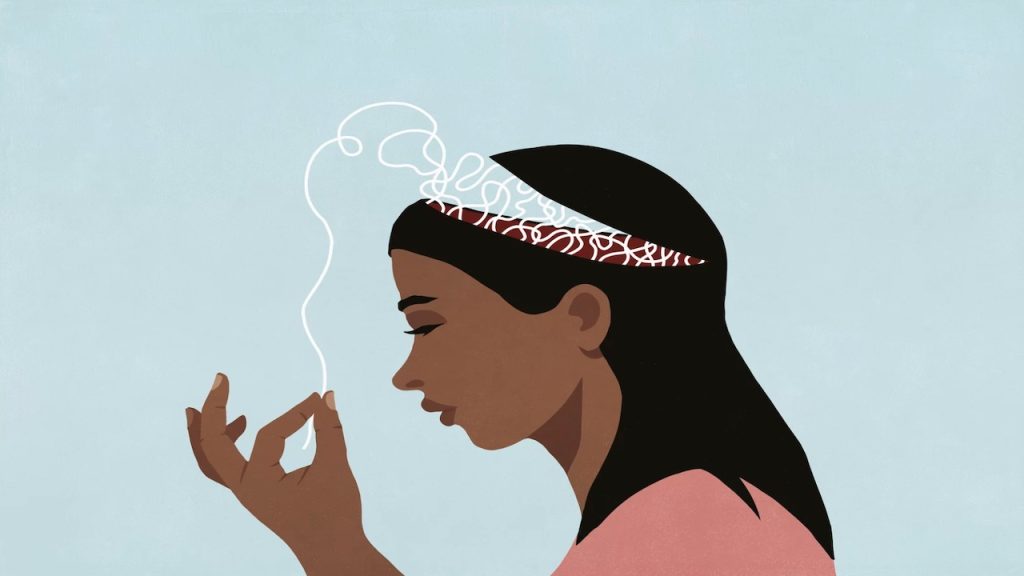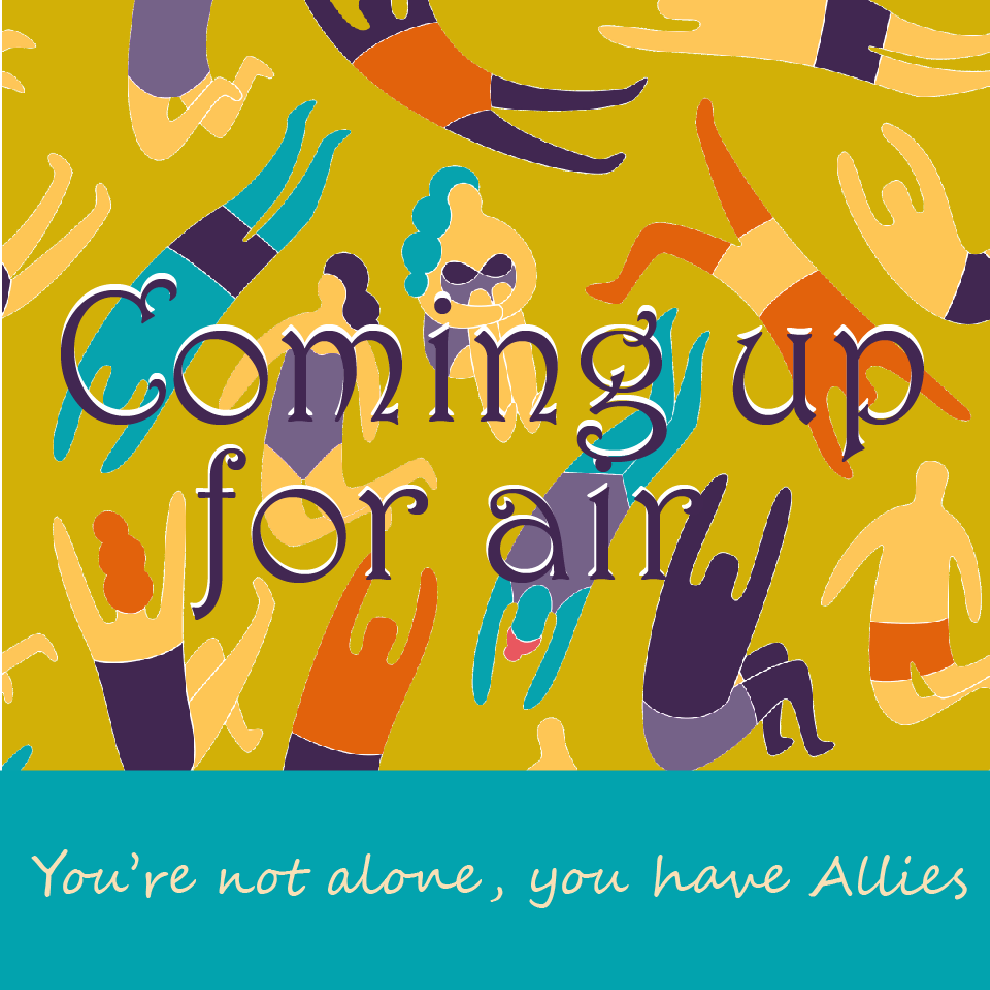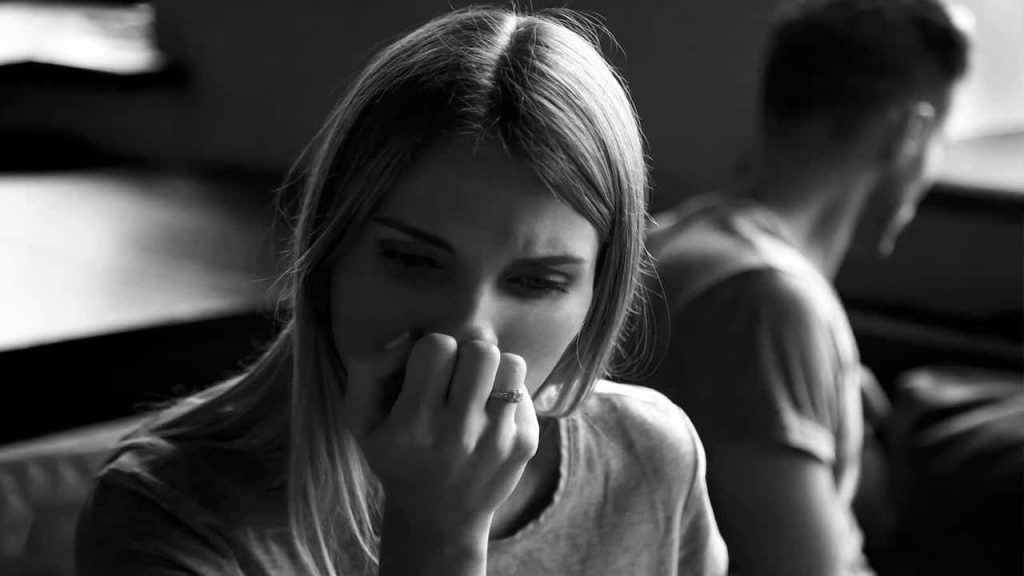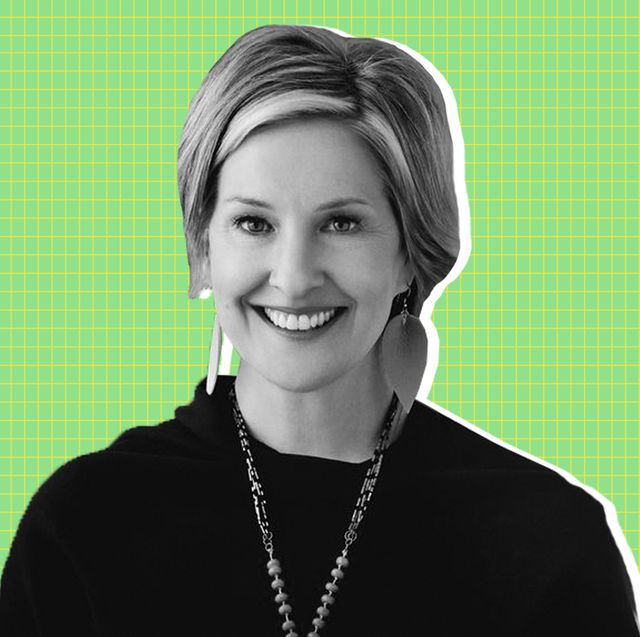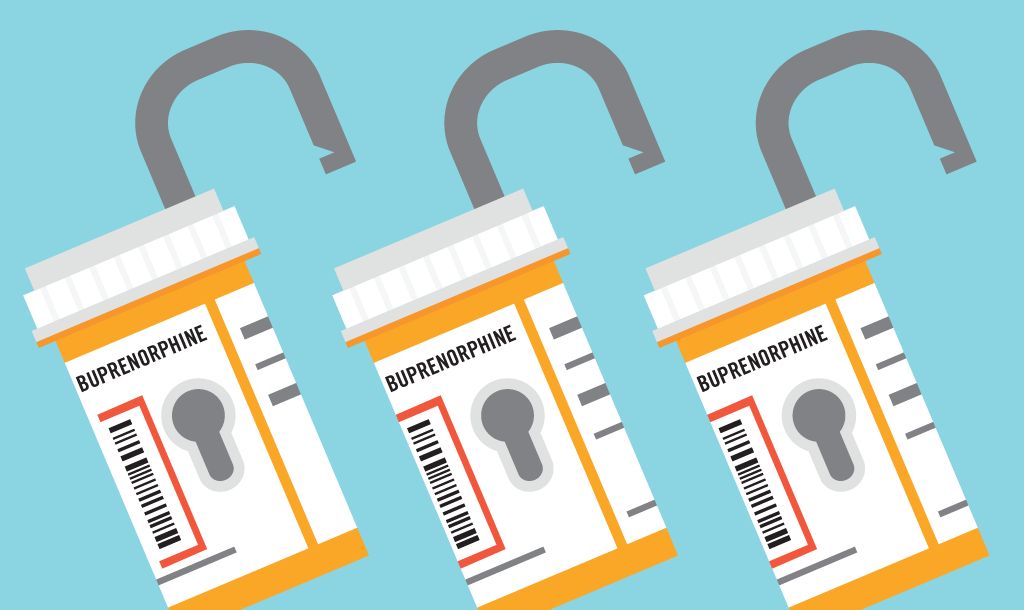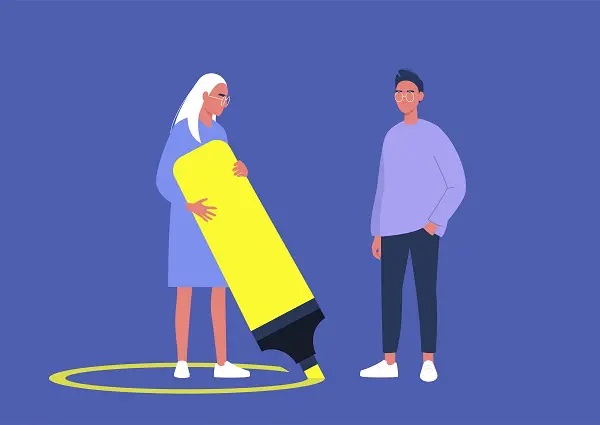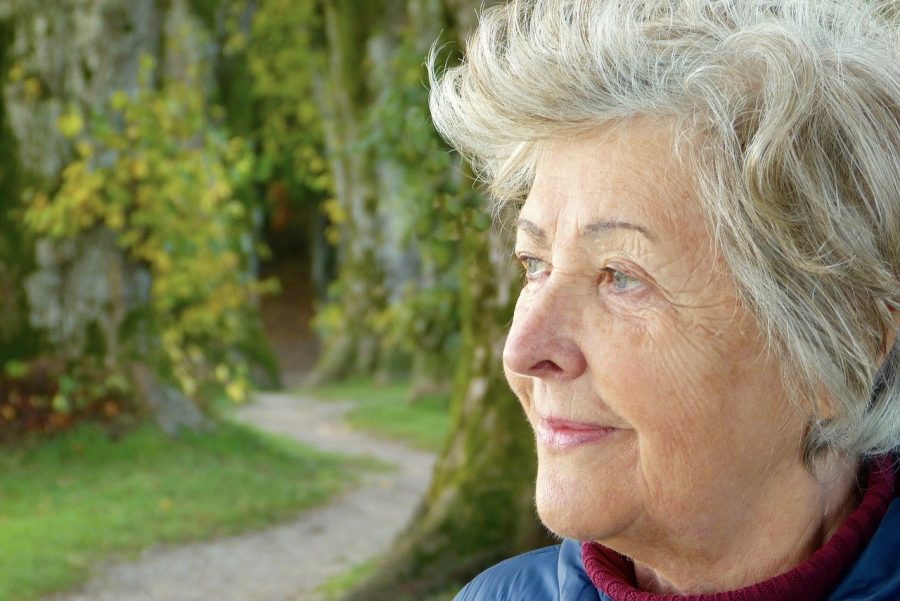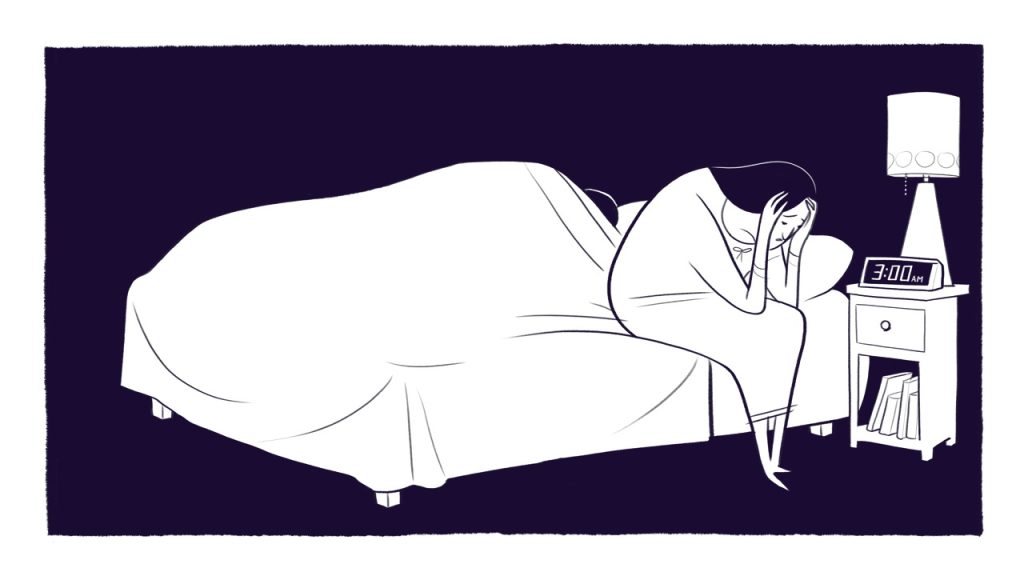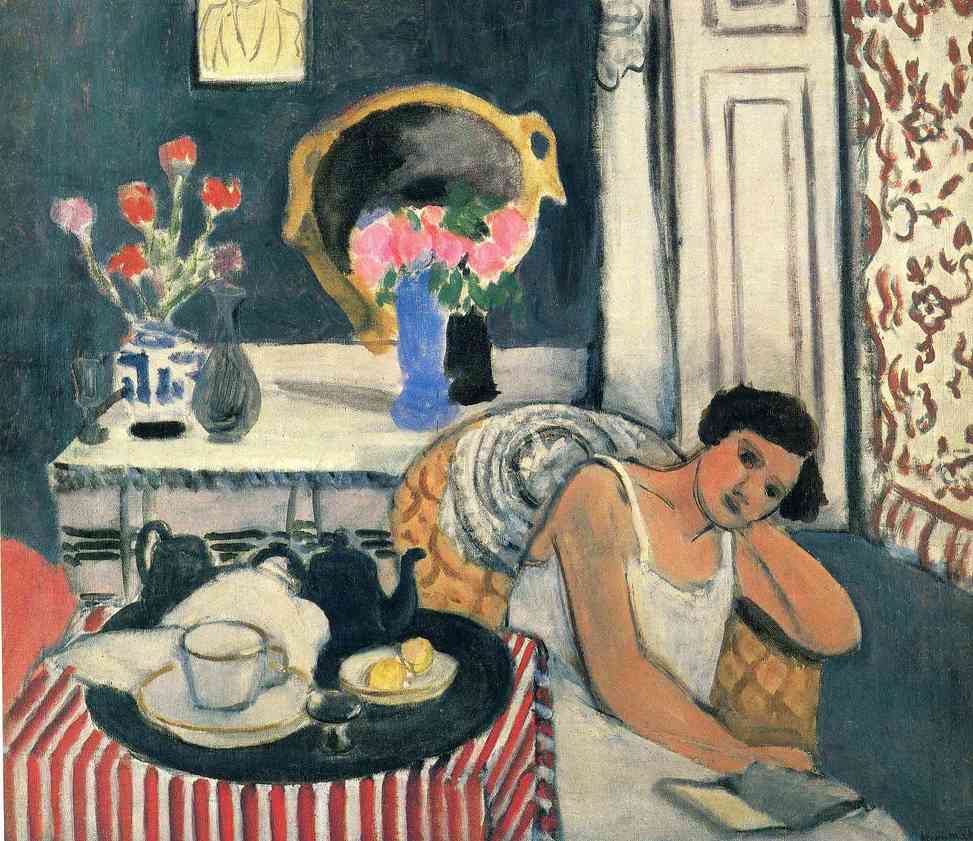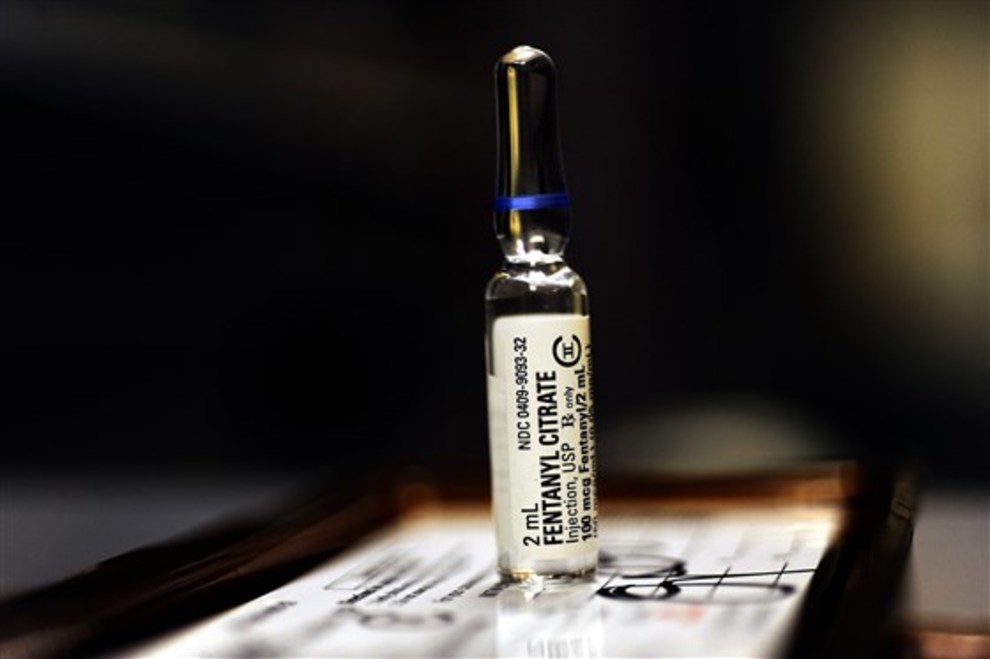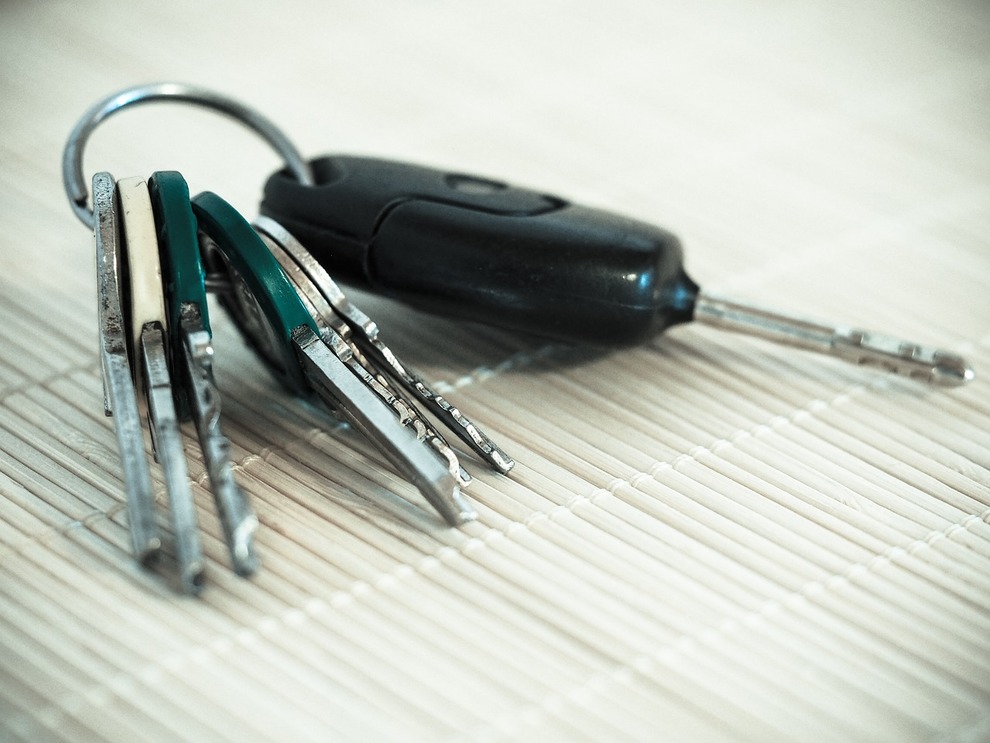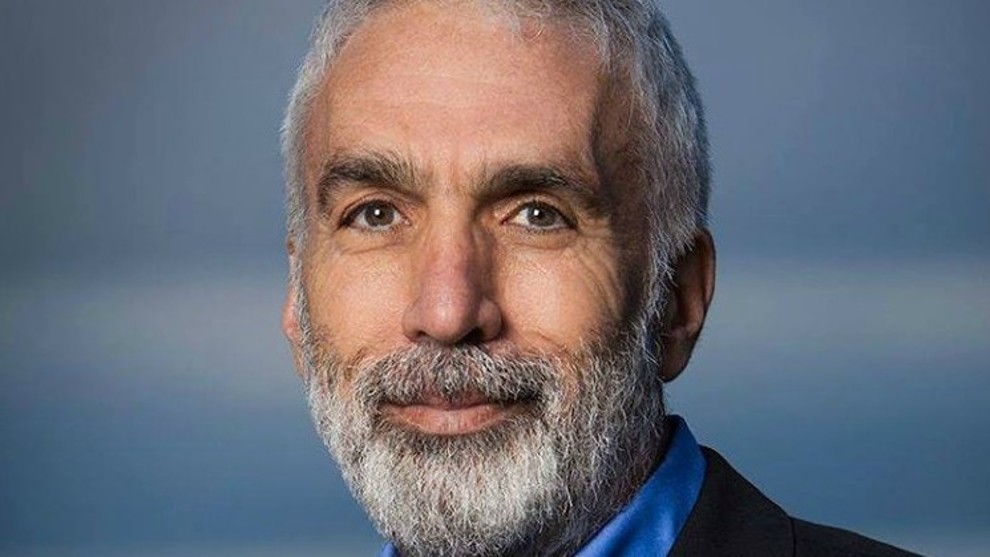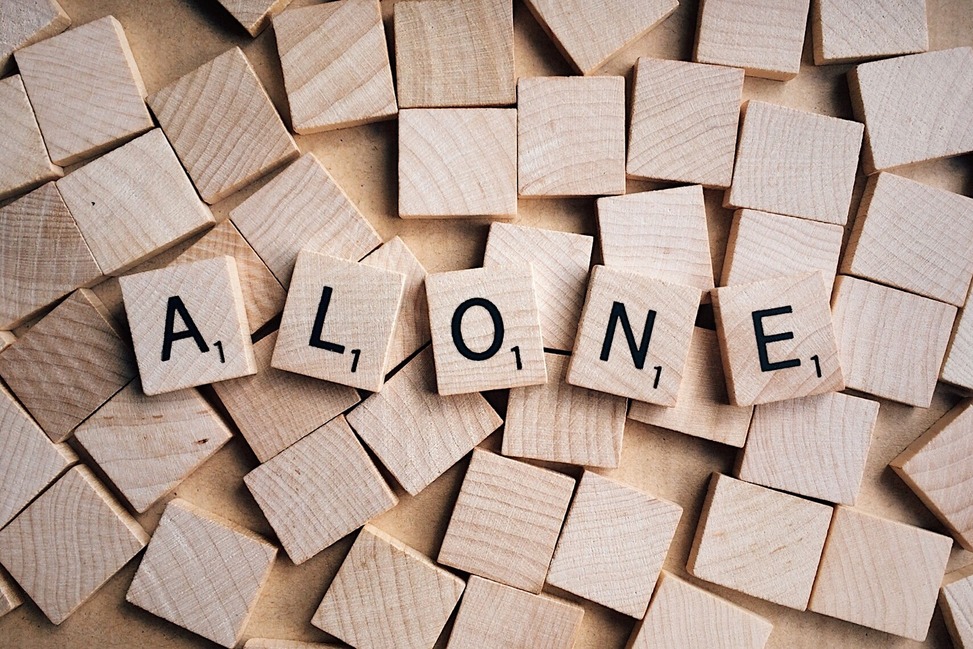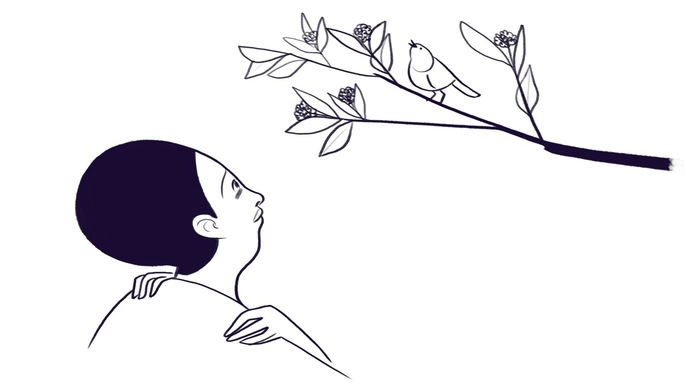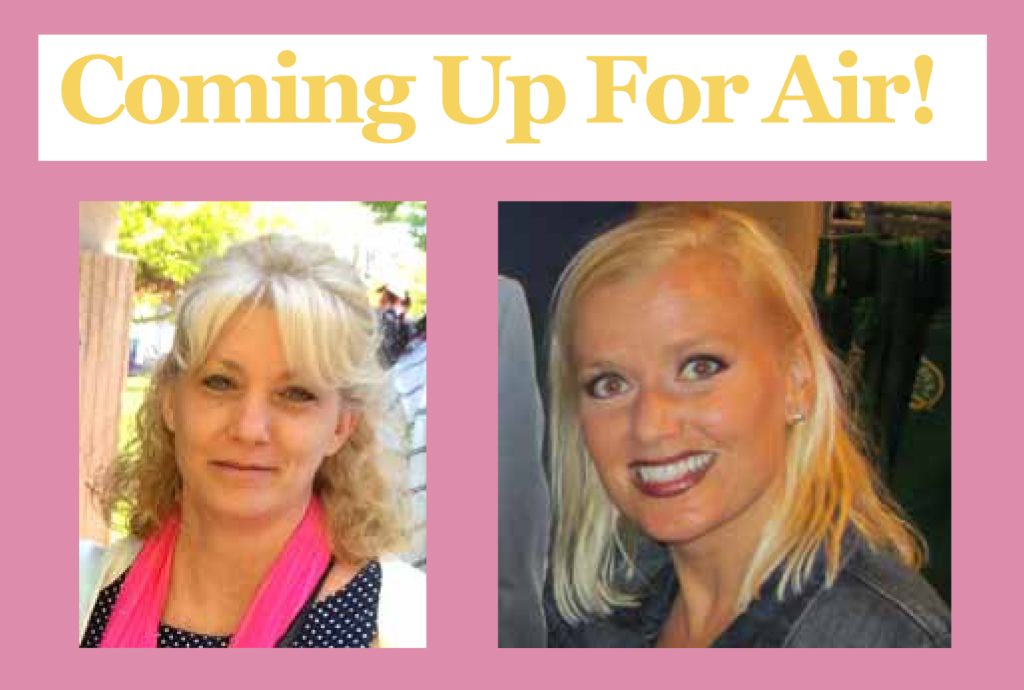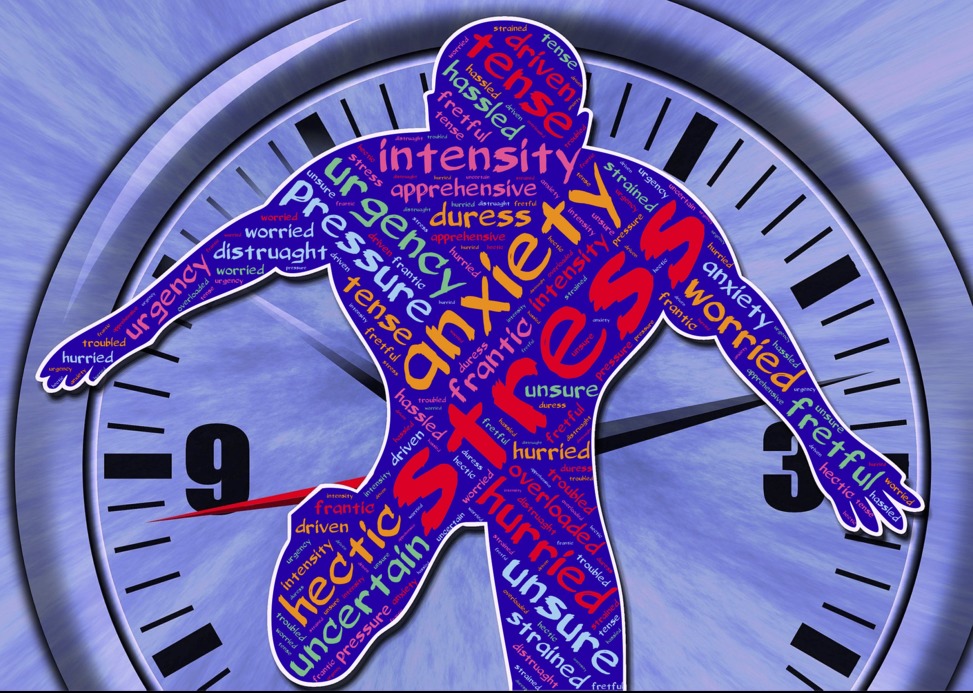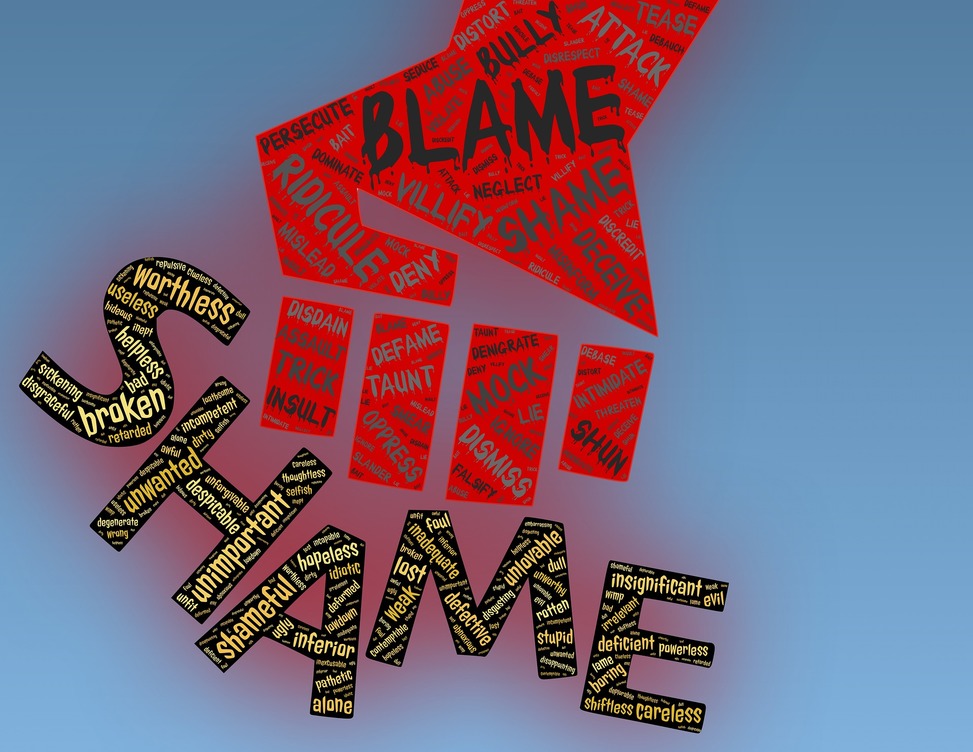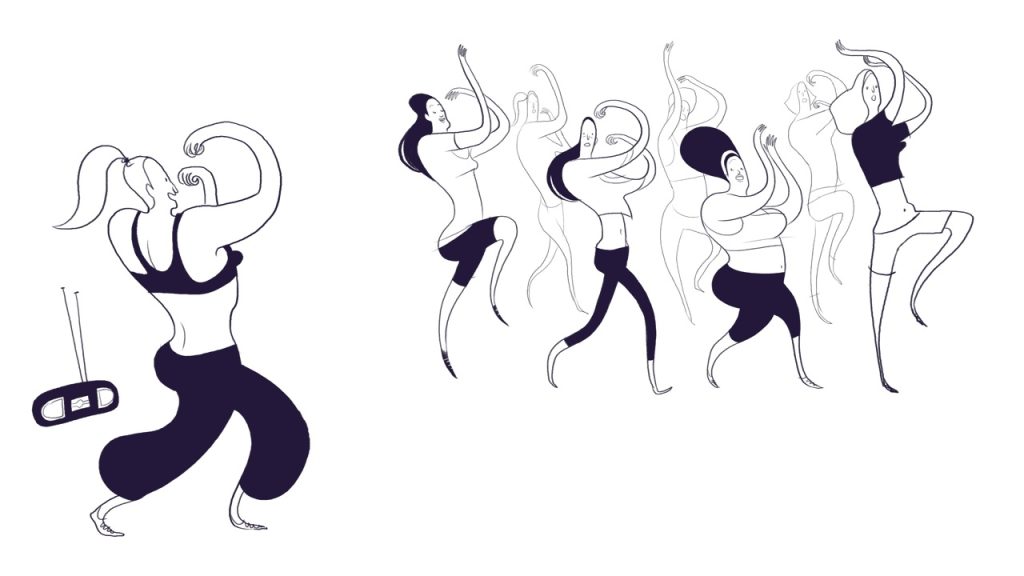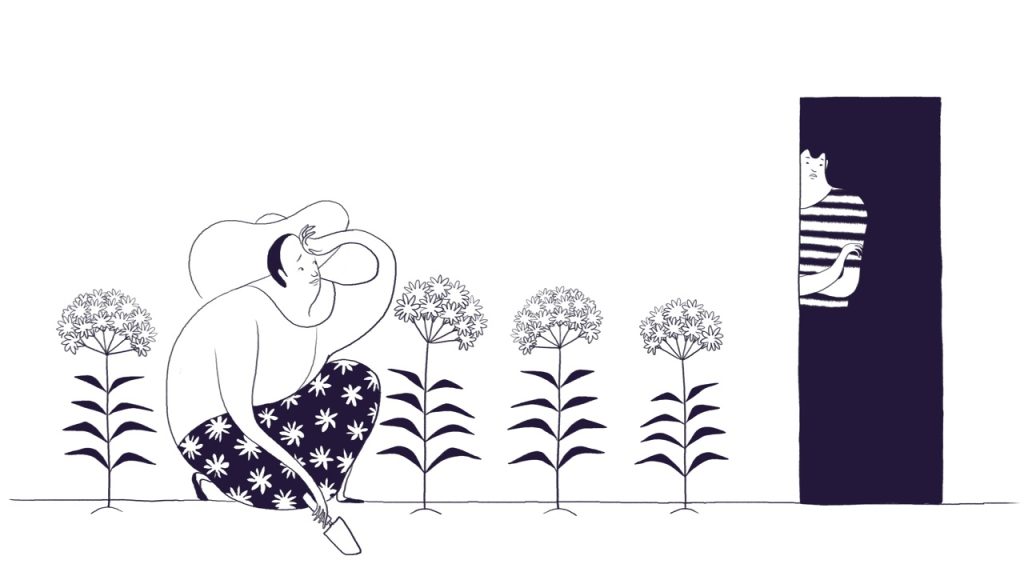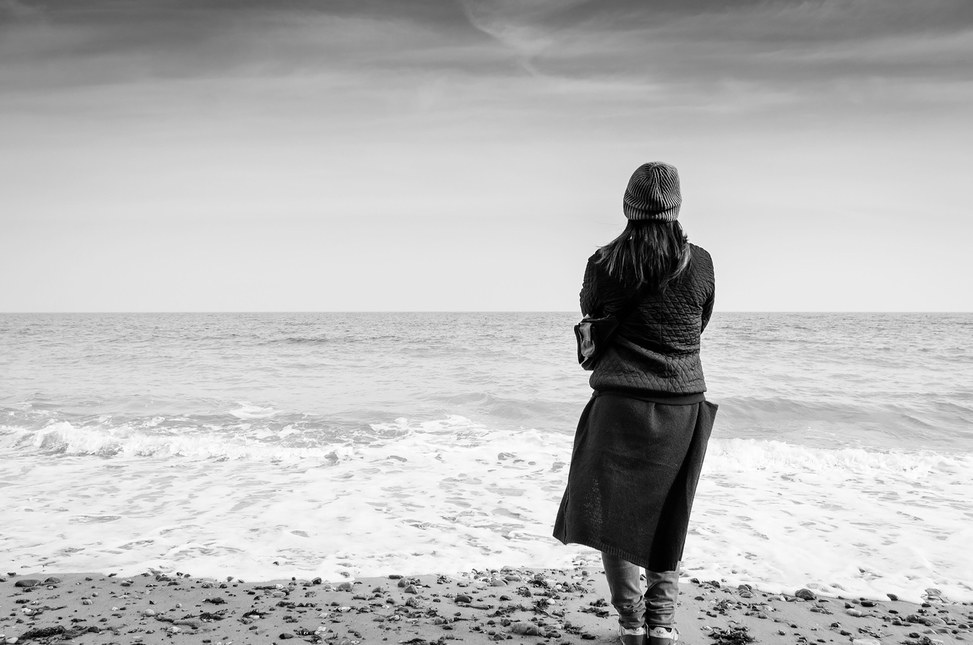Is Your Hope at the Mercy of Others?


The daily crises surrounding addiction and the constant hope it fuels
I have been around prescription medication addiction and abuse all my life. All. My. Life. As detailed in my book “Unhooked,” not a day of my life has gone by that wasn’t somehow impacted by someone’s struggle with addiction. Whether I’m in a healthy place with peace, serenity and firm boundaries intact, or I am “having a moment,” fed up, acting crazy and slipping into an emotional meltdown, it doesn’t take this away. Addiction and the ripple effects of it are always around my life and the sense of that never truly leaves me, not even on my great days.
That’s not to say that I walk around dreary, full of doom and gloom. But the reality is, when you have addiction rampant in your family it brings a lot of spontaneous madness, crisis and conflict onto your path. Those things can arise and rear their head without warning. This scenario can also cause you to have hope for changes that you have zero control over.
The long journey from frustration to peace and acceptance
While I’ve gotten better at not getting pulled into chaos and I’m quicker to recover from upset, I do have areas of growth I sometimes fall short in. Expectations, hope and disappointment can still at times overtake and even overpower me. These are the times I am keenly aware of my need to stop, regroup and fortify some new ways of managing myself.
I do know that I have come a long way from where I started and that is encouraging. Yet even still, how many times has my heart been sick over hope deferred? The list is long.
When I first began working with therapy and recovery, I was totally tangled up in the madness. Fighting through it, struggling against it, grieving about it. Almost daily. All of my heart was invested in the functions (and dysfunctions) of those around me. Much more than it was invested in my own well-being. The misery this caused prompted me to analyze the objects of my hope.
I began asking myself “Are my hopes and expectations achievable for me? Are they healthy? Realistic? Fair? Is my hope at the mercy of others? Is my hope dependent solely upon someone else’s decisions? Will I be able to come to a point that, regardless of what anyone is doing (or not doing), I can reach peace and acceptance?”
When the answer was “No,” I recognized that it must again be time to stop, regroup and fortify some new ways of managing myself. Through prayer and meditation, self-examination, recovery work, support, much trial and error, and by cutting myself some slack, I began finding my way forward.
Managing my expectations
Through recovery work I have learned to stop expecting people to be different and to reduce the frustration that comes from trying to cause a person to get better, or trying to mold them into how I think they should be (even if it’s reasonable). When I put these demands and expectations down, I can love people for who they actually are.
I’m still free to decide how to respond, how much time to spend, what to give, allow or tolerate. Those are the decisions within my control. There is so much peace in no longer hinging my well-being upon anyone else. Life always becomes much easier when I let go of the control I never had in the first place.
…and this is when I know that working my recovery is working for me.
My hope and expectations are much more realistic and flexible these days. Chaos flares up, crisis and conflict are going to happen. They just are, it’s how it is. Life happens. I have learned to stop living at the mercy of my circumstances. Who knows, tragedy may fall on us. I certainly hope not, but if it does I have to believe that even if devastated, I will be okay. I will survive. Life will go on and eventually we will all meet up at the same finish line anyway.
Having faith in that, allows me to have peace in the moment and hope for the future.
“Peace begins when expectation ends.” ~Sri Chinmoy
Peace, hope and serenity,
Annie
Since 2003, Allies in Recovery has addressed substance abuse in families by providing a method for the family to change the conversation about addiction. We use Community Reinforcement & Family Training (CRAFT), a proven approach that helps the family unblock and advance the relationship towards sobriety and recovery and to engage a loved one into treatment. Learn about member benefits by following this link.

